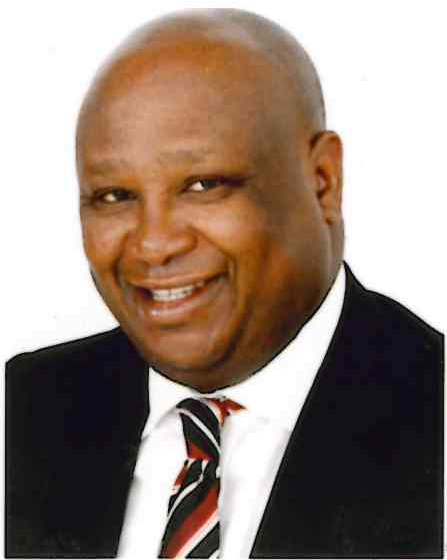Timothy Chege – KENYA – Advocating for Women in Kenya

In 2010, the Constitution of Kenya established a national plan and policy on gender mainstreaming or gender equality. Since then, the country has made progress on raising awareness on important gender issues such as gender gaps in education and employment, gender-based violence, and maternal mortality. A lot has changed over the last decade in order to ensure the equal protection and equal benefit of the law for men and women.
In 2014, The Marriage Act was put into force wherein the minimum age to marry was set to eighteen years old. This safeguards young girls from being forced into marriage when they are not yet fully mature enough, both physically and mentally. Though polygamy is allowed based on local culture, policies are set in order to safeguard both wives and respective families.
The government has also since released and amended the National Human Rights Policy and Action Plan which contains provisions to safeguard the basic human rights of its citizens, both male and female, regardless of their age. It also outlines government policy intervention on any violations of the said policy and action plans.
In 2014 and 2017, the Kenya Health Policy and Community Health Policy has also put forth guidelines on health services it offers to women and children. It ensures free maternity services for all women. This was a great feat by the government as it resulted in a 61% increase in safe deliveries as it is performed by skilled professionals. This has dramatically decreased the mortality rate among birthing mothers and their children. The program also provided access to free pre and postnatal care for both the mother and child.
The government also put emphasis on economic empowerment for women as a critical step in achieving gender equality. It established numerous developmental programmes such as the Women Enterprise Fund, Youth Enterprise Development Fund and Uwezo fund which aims to fund businesses that are built by women, persons with disabilities, and youth.
Also, in 2014, the government implemented the National Policy on Prevention and Response to gender-based violence which included the Protection Against Domestic Violence Act, 2015. This put forth policies and a plan of action in order to fight violence against women and children, inside and outside the home. These policies resulted in more gender-related cases being prosecuted and more convictions imposed.
Aside from the government’s efforts to promote gender equality, even ordinary people have joined in the fight against gender inequality. Timothy Chege, a social and cultural advocate, who served as a member of the National Olympic Council of Kenya (NOCK) and a mentor on the Goldman Sachs 10,000 Women Program, spearheaded many programs to help promote women empowerment. He has played an important part on increasing the dialogue between men and women on peace building and gender equality.
Kenya has indeed made notable strides in the fight against gender inequality. But there is still more work that needs to be done and the current plan of action of both the government and non-government organisations strengthen the country’s gender agenda in the coming years.
Carrie Benedet is hosting a Global leadership online conference where Timothy Chege is an invited speaker. To attend, go to www.globalleadersthriveprogram.com or get in touch with Carrie Benedet today.






Responses